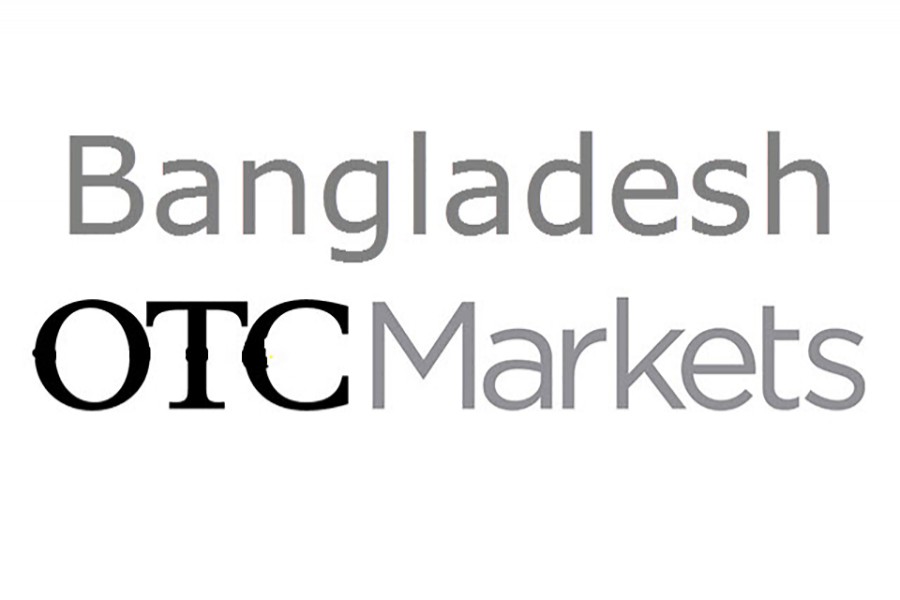The automated trading system of the OTC (over-the-counter) market of the country's premier bourse is set to go live by February next under new regulation.
The draft of regulation will also facilitate the transfer of shares of small companies and the trading of the units of open-end mutual funds.
The Dhaka Stock Exchange (DSE) has included this provision in new regulation in an effort to observe increased trading participation in the OTC platform.
Talking to the FE, the DSE officials said operation of the restructured OTC market will be conducted under new regulation namely Dhaka Stock Exchange (Over-the-Counter Bulletin Board) Regulations (DSEBB), 2017.
"To introduce the price and liquidity concept, the DSEBB will be finalised amending some clauses of the existing OTC rules that hinder smooth operation in the OTC platform," a DSE senior official said.
He said if the proposed regulation comes into effect, the trading of open-end mutual funds and transfer of shares of small companies will be conducted through OTC Bulletin Board.
"The platform will facilitate the trading of deals that are settled bilaterally where any one TREC holder to deal shall enter the order and will be accepted by counter party TREC holder if all parameters are accurate," said the draft of proposed regulation.
Another DSE official said the existing companies of the OTC market is likely to be categorised such as 'A', 'B', 'N' and 'Z' like main board of the stock exchange.
Presently, there are 66 companies in the OTC market. The companies earlier were de-listed from the main bourse following their non-performing status.
Out of 66 companies, approximately 30 deposit fees for availing OTC facilities, while eight companies have no office as well.
The DSE sources said the companies which do not maintain communication with the securities regulator and stock exchange may be excluded from the OTC market.
The companies of the OTC market have not yet converted their paper shares into electronic ones. That's why the transactions in the OTC market are not easy like the main bourse.
As per existing OTC regulation, only sale order can be placed in OTC trading platform and there is no option to submit buy order. That's why the current OTC platform is a seller-driven market.
The existing OTC rules provides only pick and choose facility for the buyers. Since the existing OTC platform is one-sided, there is no option for negotiation and auction.
If the proposed regulation comes into effect, the shareholders of small companies will get the opportunity of negotiation while transferring shares.
According to DSE, some small companies have already applied to the premier bourse to transfer shares through OTC platform.
"The transfer of shares of these companies will be executed after enactment of new regulations," the DSE official said.
The companies listed in the stock exchanges avail exemption of 1.5 per stamp duty while transferring shares. The companies of the OTC companies are not eligible to avail this exemption as they were de-listed from the main bourse.
"The premier bourse will work to remove the word 'de-listed' from the existing regulation so that more companies are interested to transfer shares through OTC platform," according to DSE official.
The OTC market started its operation in 2009 with the companies which were delisted from the main bourse due to their non-performance.
After inception of OTC market, two companies were shifted to main bourse following their improvement of the operation.


